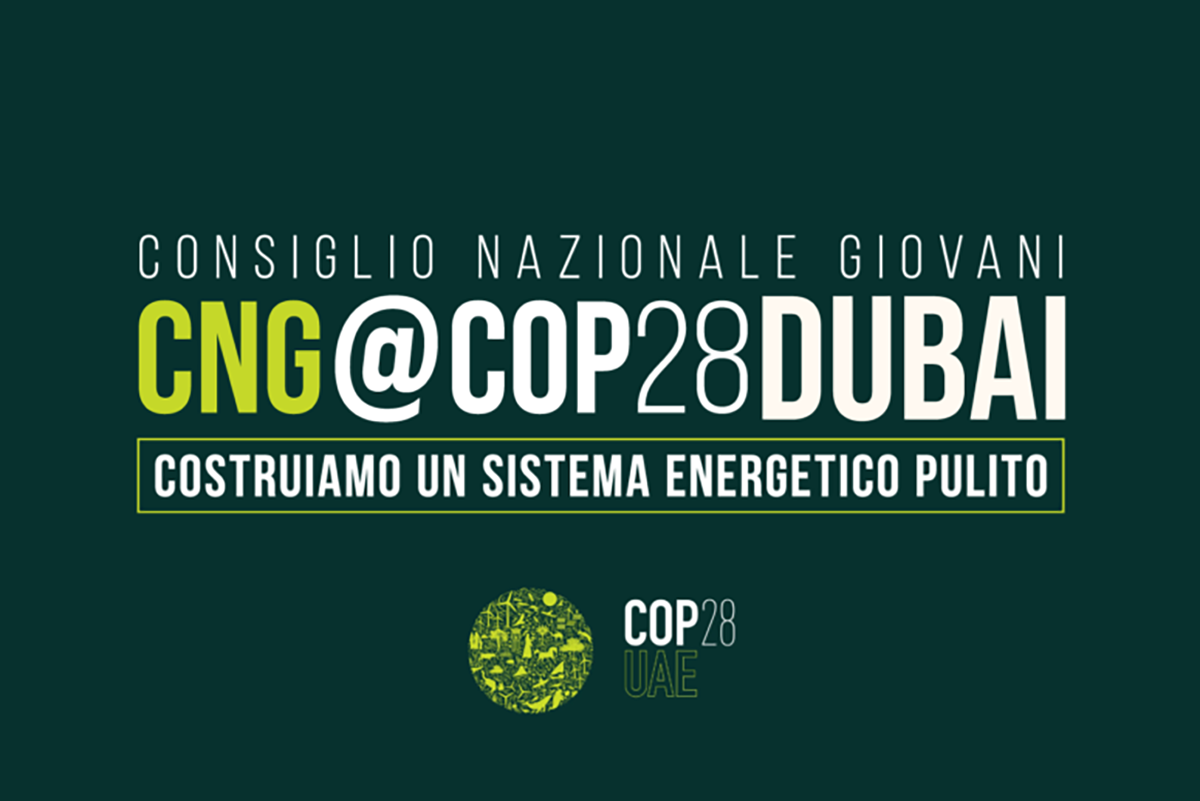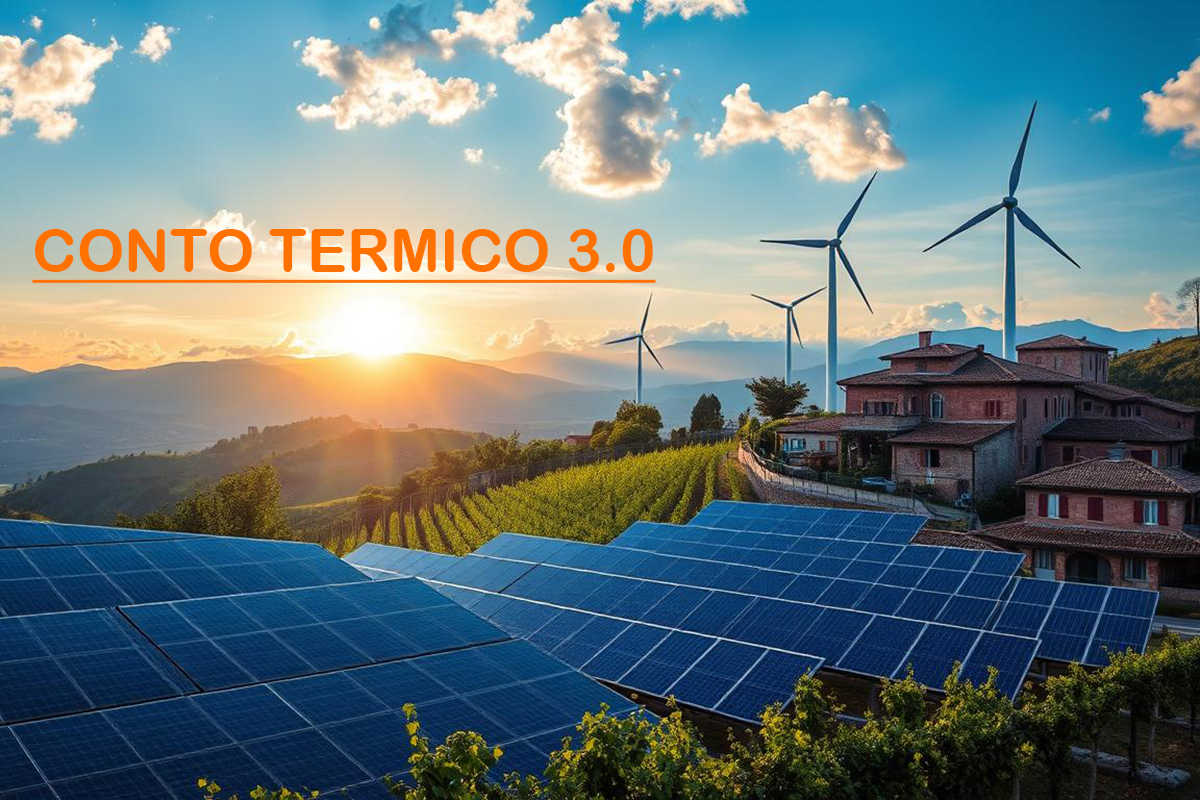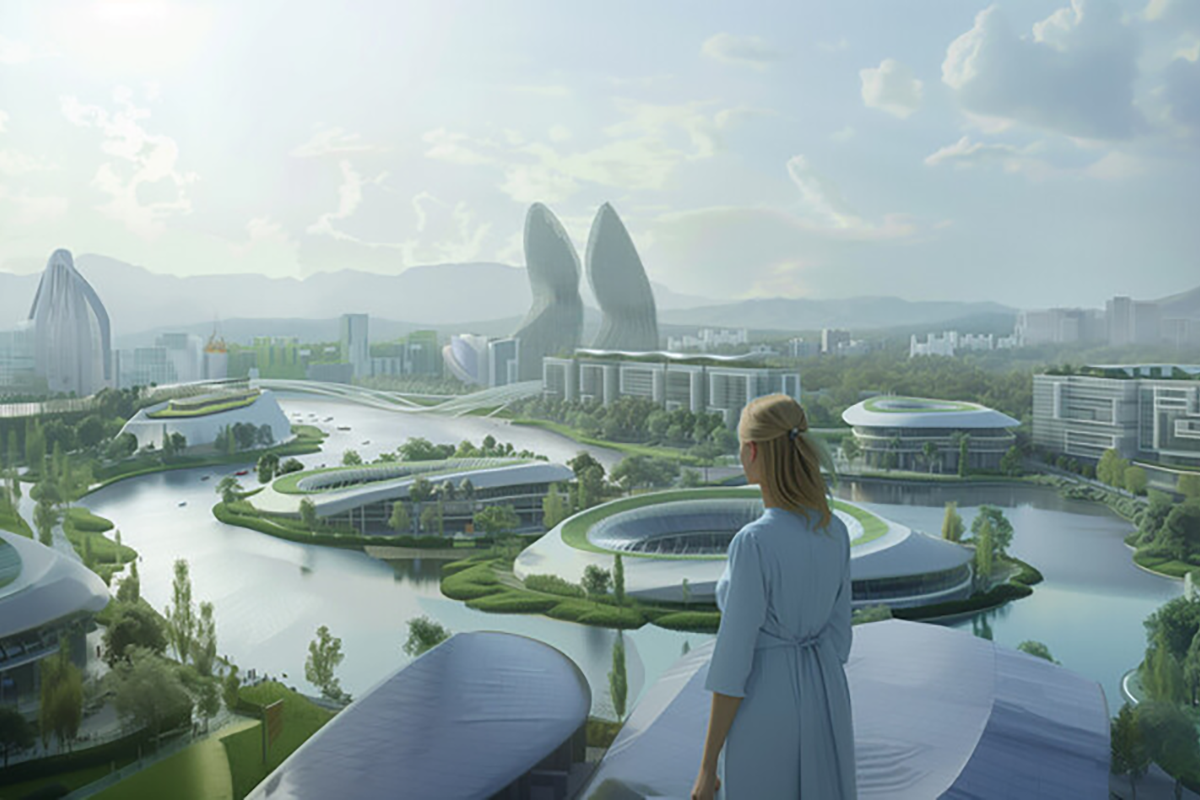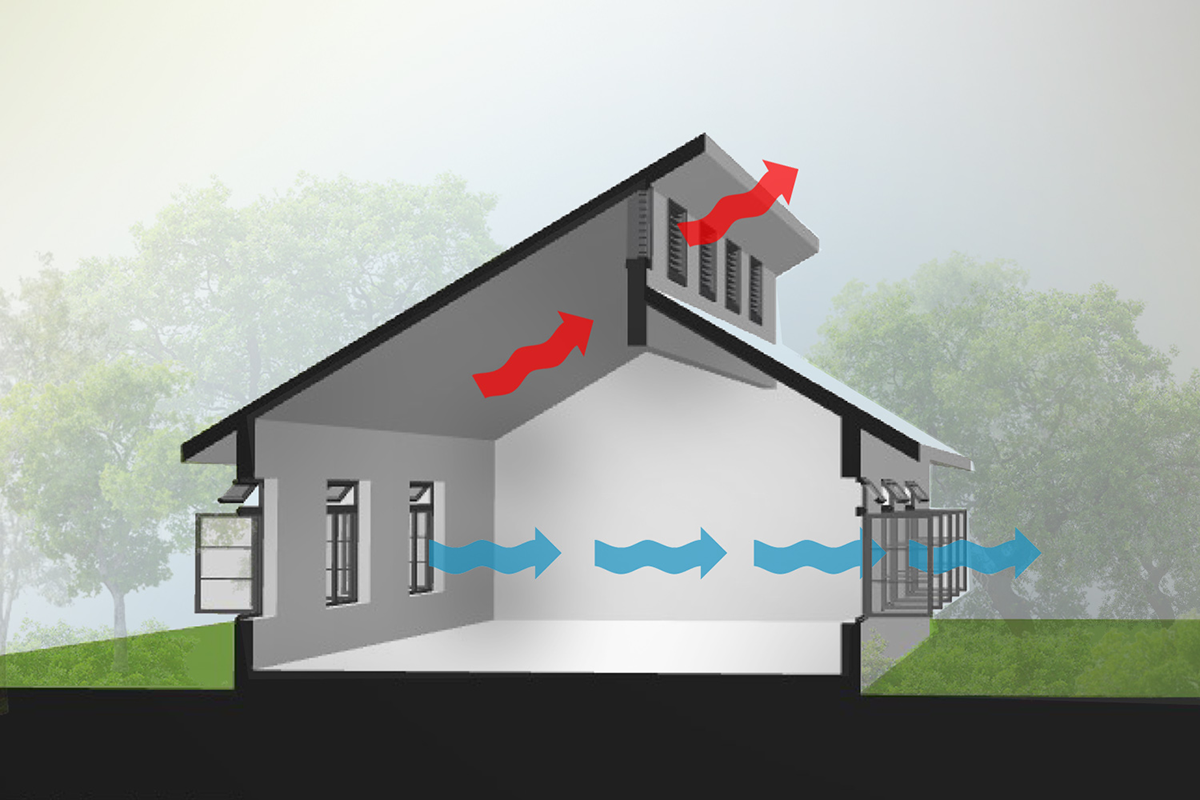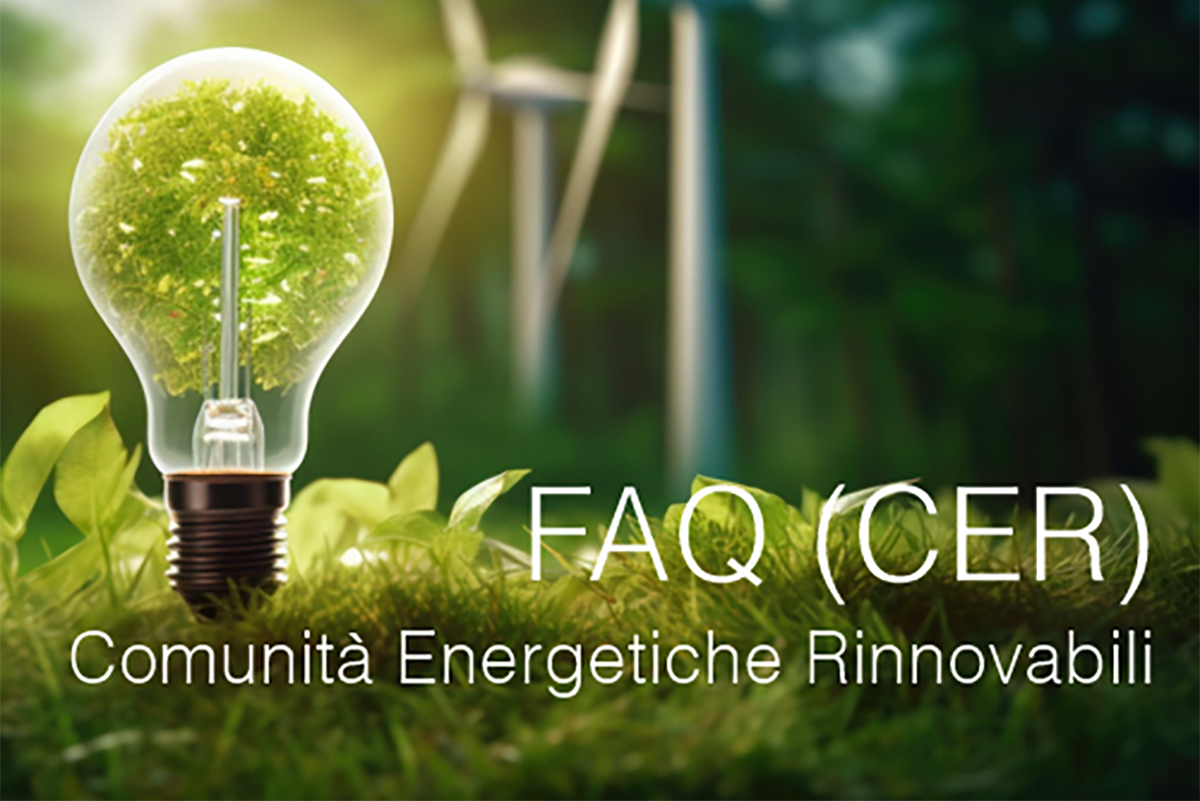News
COP28: A Global Commitment to a Sustainable Future through Energy Efficiency
The Conference of the Parties (COP) is now in its 28th year, representing a crucial moment for the international community in addressing the most pressing challenge of our time: climate change. At the heart of this discussion lies energy efficiency, a key element for reducing greenhouse gas emissions and promoting sustainable development. In this blog, we will explore the crucial actions discussed at COP28 to improve energy efficiency and shape a more sustainable future for our planet.
1. Technological Innovation:
COP28 was characterized by a strong focus on technological innovation as the main lever for improving energy efficiency. Countries and companies around the world are investing in cutting-edge technologies, such as smart grids, the Internet of Things (IoT) and artificial intelligence, to optimize energy use and reduce waste.
2. Transition towards Renewable Energy:
One of the milestones of COP28 was the promotion of the transition towards renewable energy. Global efforts aim to reduce dependence on fossil fuels and increase the share of energy coming from renewable sources such as solar, wind and hydroelectric. This transition will not only reduce emissions, but will also ensure greater energy security.
3. Energy Efficiency in Buildings:
One of the most promising areas for improving energy efficiency is the BUILDING INDUSTRY. COP28 highlighted the importance of stricter regulations and incentives to promote the construction of energy-efficient buildings. Adopting technologies such as advanced insulation and energy-efficient lighting is key to reducing energy consumption in our buildings.
4. Sustainable Mobility:
The transition towards sustainable mobility was another key point that emerged during COP28. Global efforts focus on promoting electric vehicles, charging infrastructure and efficient public transport systems. Reducing dependence on fossil fuels in the transportation sector is key to mitigating environmental impact and improving overall energy efficiency.
5. Global Collaboration:
The fight against climate change requires a collective commitment. COP28 saw a strengthening of international agreements and public-private partnerships to jointly address energy efficiency challenges. Collaboration on a global scale is essential to share knowledge, resources and technologies necessary to achieve established objectives.
